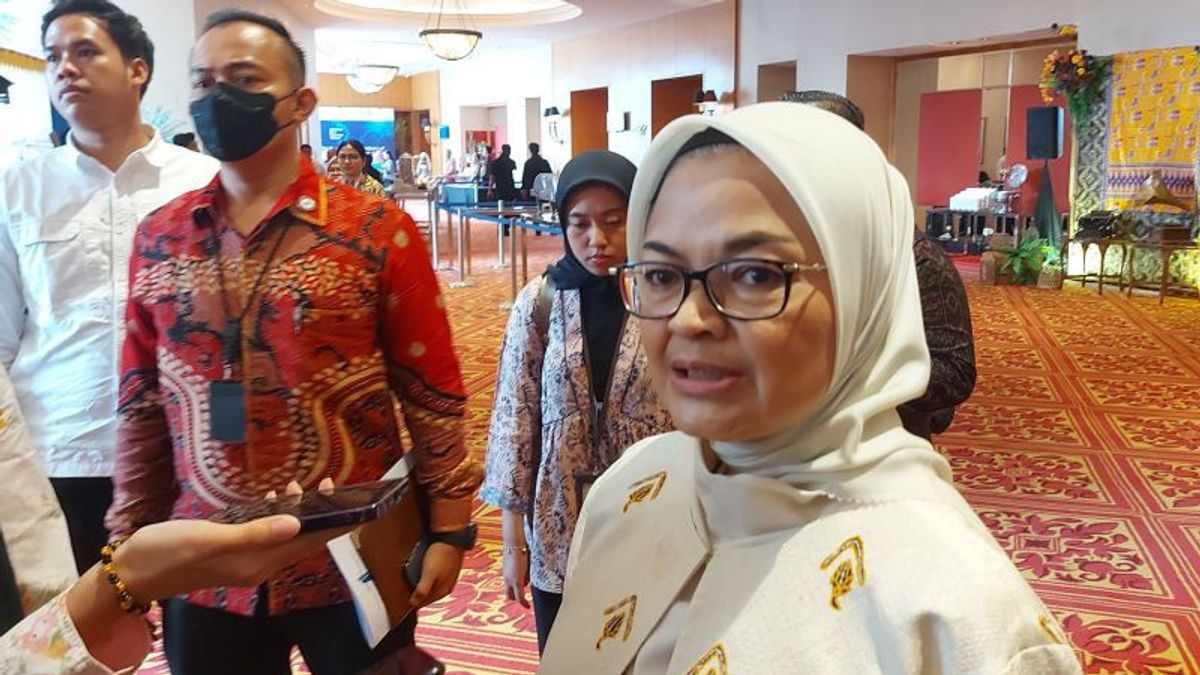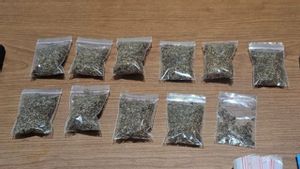JAKARTA - The Food and Drug Administration (BPOM) said that the impact of the use of aspartam for health is still being studied in depth following a statement from an institution under the World Health Organization that synthetic sweetener compounds may cause cancer in humans.
"It seems that further and more in-depth research will continue to be developed that aspartam is the cause of carcinogenics," said Head of BPOM Penny K Lukito after attending the South-East Asia Regulatory Network (SEARN) meeting in Jakarta, Antara, Wednesday, July 26.
The International Agency for Research on Cancer (IARC), an institution under the World Health Organization, groups aspartam as group 2B, which is a material that may cause cancer in humans. However, the evidence that is the basis for the grouping is still limited.
The WHO/FAO Expert Committee on Food Additive (JECFA) joint stated that the use of aspartam in food is currently considered still safe based on the available evidence and there is no sufficient reason to change the limit to daily intake that can be accepted for Aspartam, which is 40 mg per kg of body weight.
Referring to the Codex General Standard for Food Additives (GSFA), Penny said, regulations in Indonesia still allow the use of aspartam for sweeteners in processed food products.
"BPOM together with other regulatory authorities globally follow Codex, according to established standards, and that's part of the WHO's (guideline) for food standards," he said.
Penny said that BPOM had submitted an explanation to the public regarding the use of aspartam.
"Now follow the existing rules, especially the amount of use, the intensity of use. That may be taken into account first," he said.
He said that BPOM had not yet received reports from producers or consumers regarding cancer triggered by the use of aspartam.
The World Health Organization (WHO) on July 14, 2023, delivered an explanation regarding the health impact study on the use of aspartam-made sweeteners carried out by JECFA and IARC.
In the WHO explanation, it was stated that the IARC grouped aspartam as a 2B group or had the possibility of causing cancer in humans.
However, according to JECFA, the consumption of aspartam and cancer in humans has not been convincing and still requires further study.
IARC and WHO will conduct further research on the use of asparty and its impact on human health.
Based on this, BPOM assesses that there is no need to make changes to regulations regarding the use of aspartam in the manufacture of processed food products.
BPOM monitors further developments in studies on the safety of the use of aspartam by IARC and JECFA as well as oversees the circulation of processed food products to ensure that products marketed to the public are safe.
VOIR éGALEMENT:
The English, Chinese, Japanese, Arabic, and French versions are automatically generated by the AI. So there may still be inaccuracies in translating, please always see Indonesian as our main language. (system supported by DigitalSiber.id)
Tags les plus populaires
#Prabowo Subianto #Golkar #élections jakarta #jeux d’argent en ligne #Mount Lewotobi malePopulaire
23 November 2024, 00:59
23 November 2024, 01:07


















